Air France-KLM and Lufthansa Group have joined forces to urge Brussels to amend rules that cause European Union airlines to skirt around Russian airspace, putting them at a disadvantage against Chinese rivals, who are not required to fly the longer routes.
In a rare joint interview, Air France-KLM CEO Benjamin Smith and Lufthansa Group CEO Carsten Spohr told France’s Les Echos and Germany’s Frankfurter Allgemeine Zeitung that European airlines bear the cost of longer routes between Europe and Asia due to the closure of Russian airspace following its war on Ukraine. "Customers do not necessarily want to spend two extra hours on an already long flight to Asia," Smith said, noting that Chinese carriers are not subject to the same restriction. The faster access to Europe enjoyed by Chinese airlines puts Western airlines at a competitive disadvantage, he said.
Both executives voiced support for a US government proposal to block access to US airspace for any airline that continues to use Russian airspace. The US Department of Transportation (DOT) filed a proposed order on October 9, which, if issued as a final order, would force Air China, Capital Airlines (China), China Eastern Airlines, China Southern Airlines, Advantage Equities, Sichuan Airlines, and Xiamen Airlines to avoid Russian airspace while flying to the United States. The regulator said this was to level the playing field, as US carriers have been banned from using the quickest routes to China via Russia since May 17, 2022. The Chinese carriers have appealed to the DOT not to implement the ban.
Russia banned EU carriers from using its airspace in retaliation for a similar EU move directed against Russia after its full-scale invasion of Ukraine in February 2022. As such, Brussels does not ban and cannot unilaterally allow EU airlines to fly over Russia, but it could prevent foreign airlines from arriving to the EU via Russia.
Meanwhile, the two CEOs also highlighted unequal taxes, sustainability mandates, and geopolitical restrictions, which they said have handed foreign rivals an unfair edge in the European market.
This, they said, has resulted in more than 50% of air traffic to/from Europe being operated by foreign airlines, jeopardising the future of European airlines and the 12 million jobs generated by air transport in Europe.
They particularly criticised the EU-Qatar transport agreement, accusing Doha-based Qatar Airways of "capacity dumping" and distorting competition.
Spohr argued that EU sustainable aviation fuel (SAF) mandates and regulatory burdens apply only to flights departing Europe, leaving non-EU airlines exempt.
The two executives called for a new EU aviation framework that ensures reciprocity, equal environmental obligations, and easier consolidation to create "European champions" capable of competing globally.
Both leaders said their campaign was not protectionist but aimed at preserving jobs, connectivity, and Europe’s aviation sovereignty. "We’re not asking for subsidies," Smith said. "We’re asking to be less hindered."
- Type
- Base
- Aircraft
- Destinations
- Routes
- Daily Flights
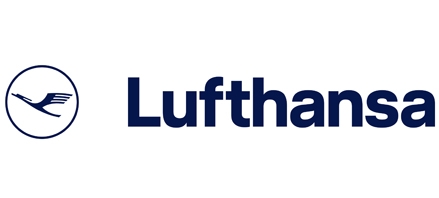
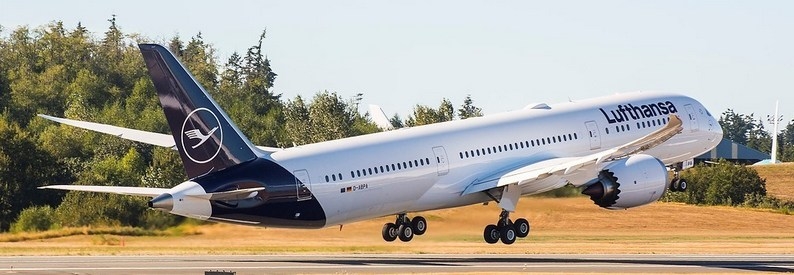
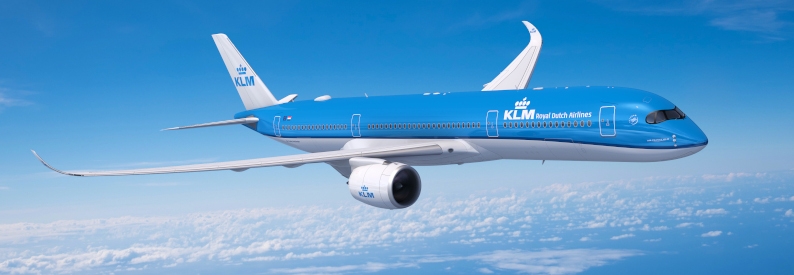

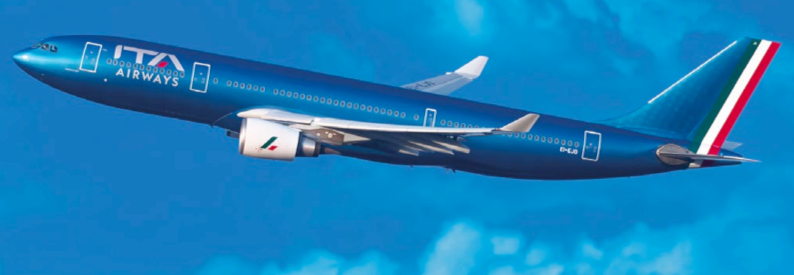
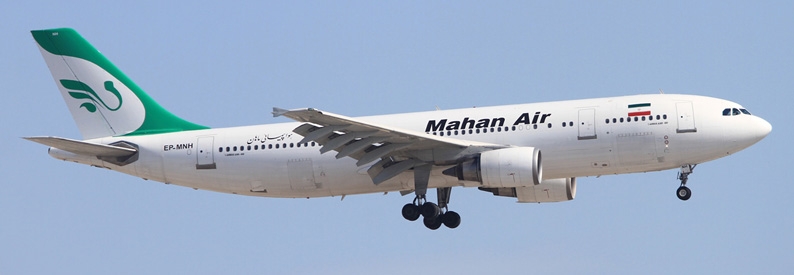
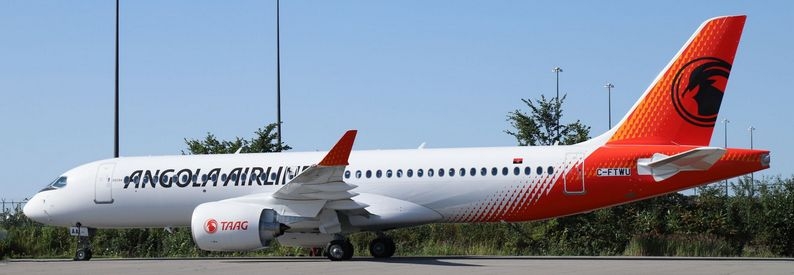
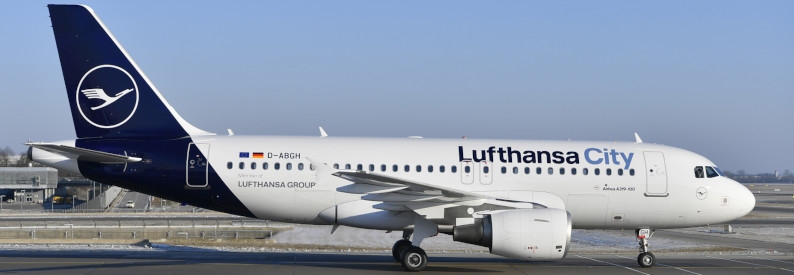
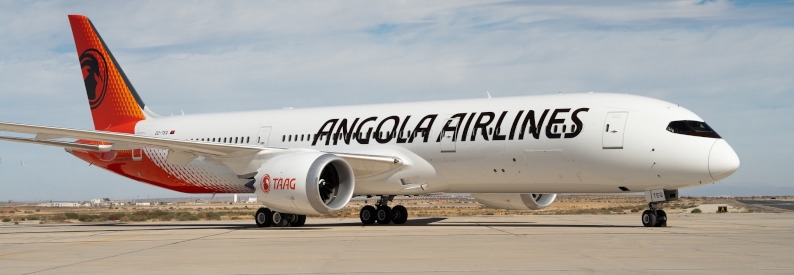
Editorial Comment: The headline of the article has been corrected. - 23Oct2025 - 14:01 UTC